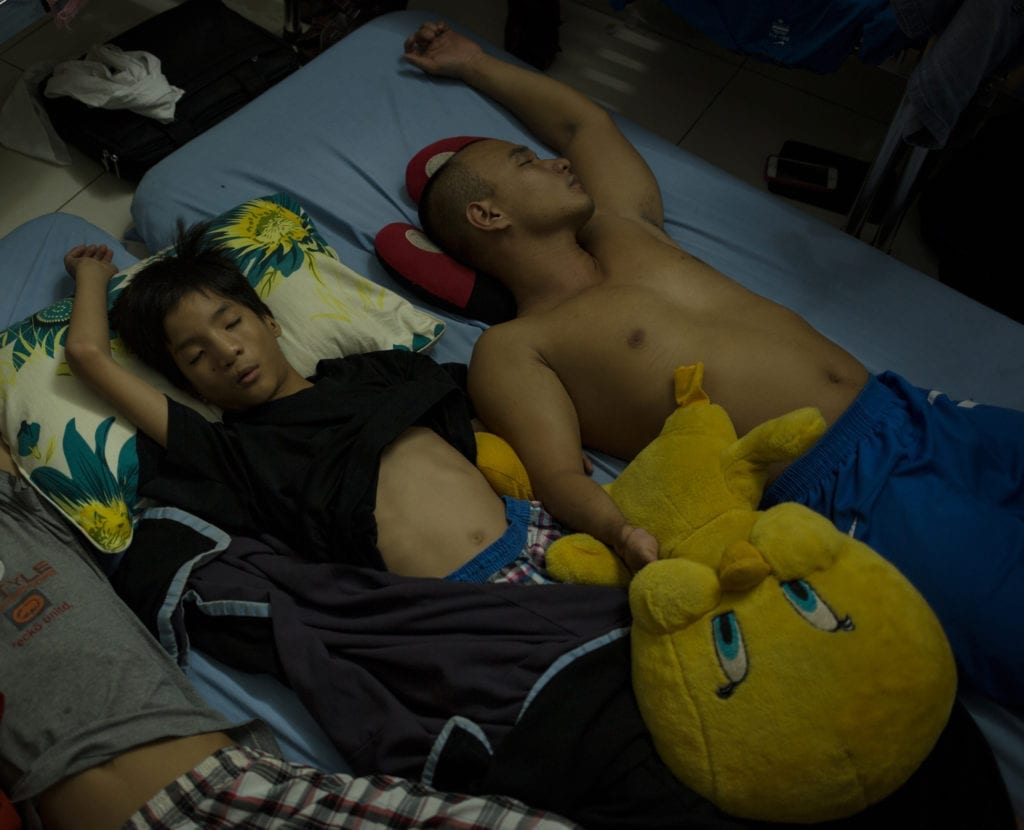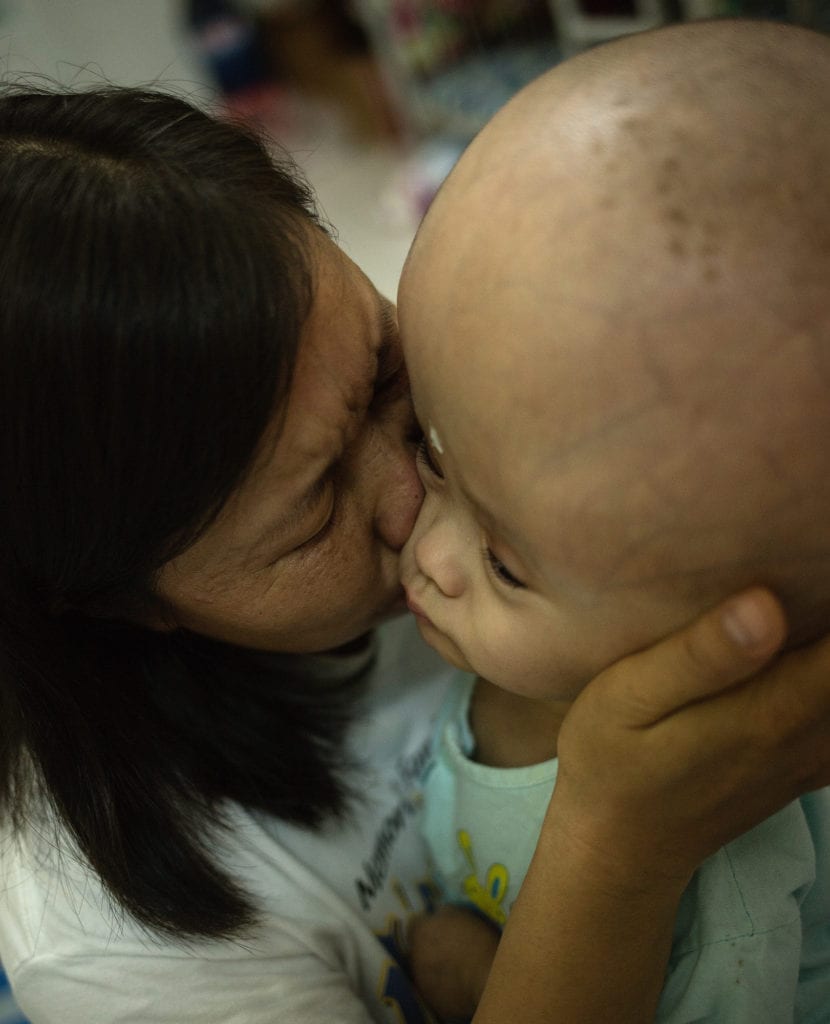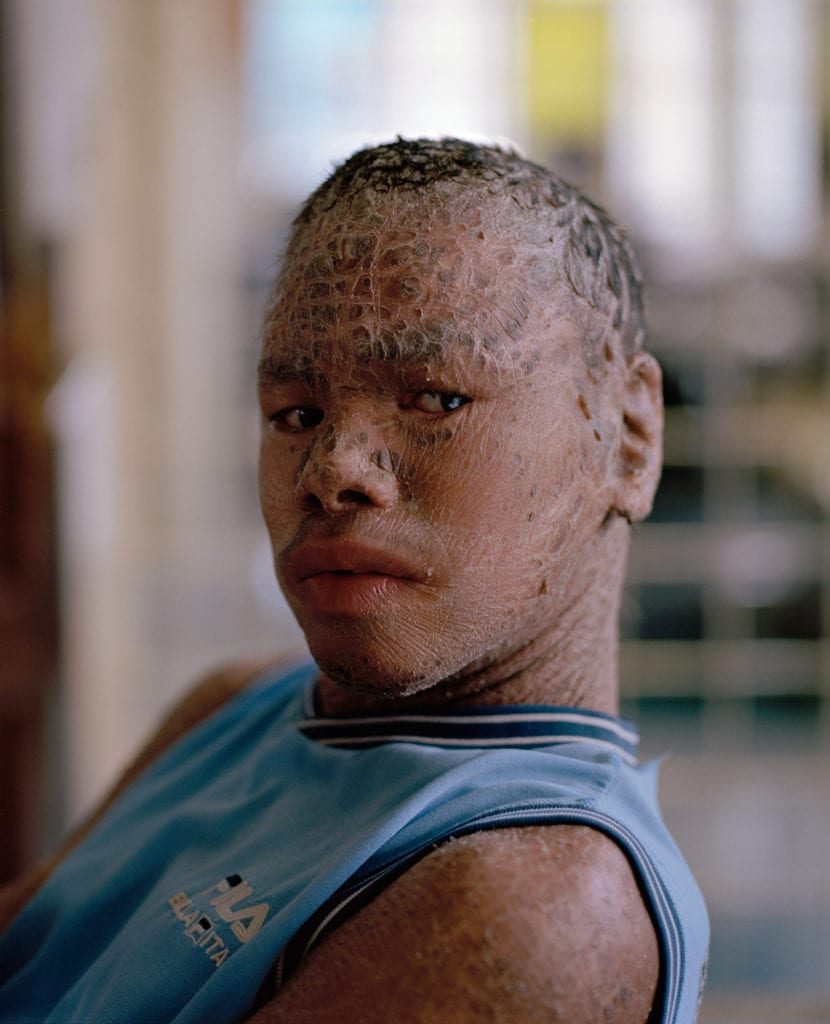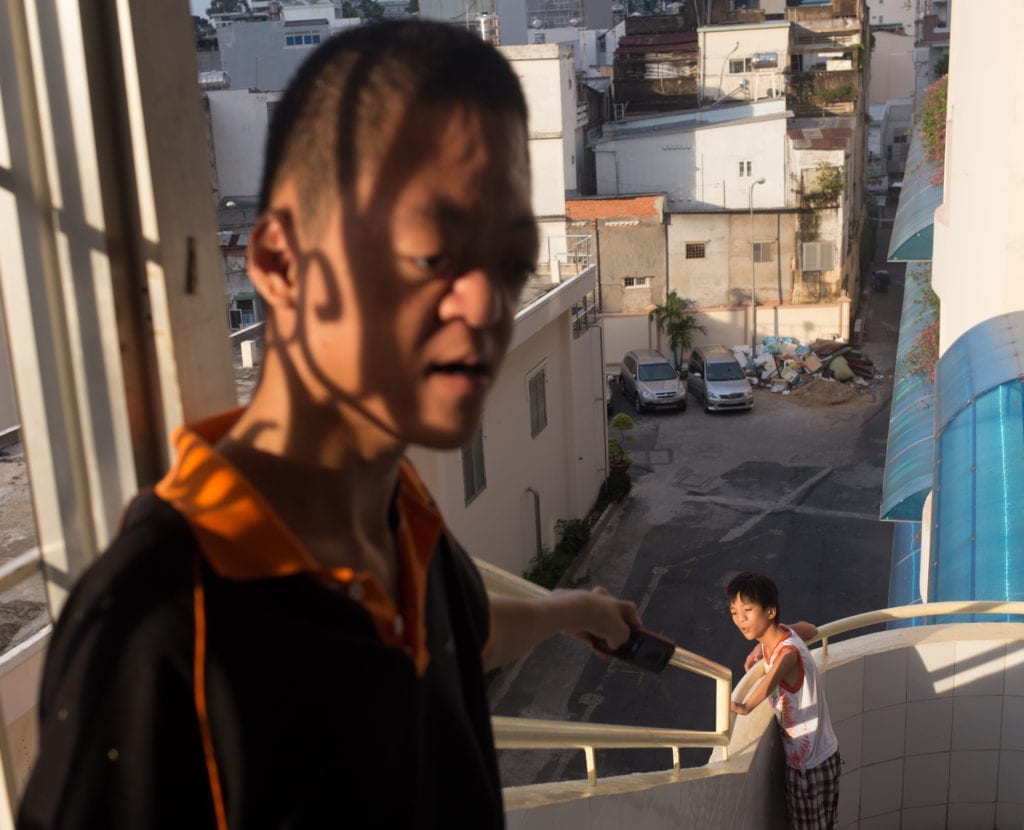The Vietnamese call it the ‘American War’ – the period between 1965–1973, when the US’s involvement in trying to stem the upsurge of communist guerilla fighters in the South-East Asia nation went disastrously wrong.
In an attempt to make it difficult for communist sympathisers to hide out in mangrove jungles in Vietnam, the US Government carried out a campaign of ‘deforestation’ using Agent Orange – a pesticide that, when sprayed on the foliage from military aircraft flying overhead, would quickly strip trees of their leaves, revealing anything below the canopy.

Vietnam still bears the scars of man’s struggles for prowess, and four decades later it is still plagued by the effects of war. The American deforestation campaign is now known to have caused land contamination, environmental damage, life-limiting birth defects and degenerative health in villagers still exposed to the toxic remnants in soil. It’s estimated that 100,000 of the affected are children.

The war was long and protracted – and devastating. “The lasting consequences of the Vietnam War are proof that in war, civilians will almost always pay the highest price. I wanted to show the horrible damage that chemical warfare has done to children born even 40 years after the war ended. I really wanted to show that many of the victims are kids.” And though they laugh and play just like children the world over, they embody the legacy of that war – a reminder of the devastation inflicted upon humanity by those that came before them, explains Nicolai.

“I don’t know if there was a particular moment when the stars aligned and I sat up in bed and said to myself, ‘I want to be a photojournalist.’ I think it’s more like one long process that doesn’t end – but a process where I get more and more confident that this is what I want to spend my life doing.”

“I was interested in doing the story on Vietnam because, even though the effects linger on for so many, the subject seems to have faded from a lot of people’s memories. The world is at war right now, and societies will be affected for many years to come. The Vietnam War is not just another chapter in a history book on the curriculum – it’s a history we must never forget.”
To see more of Tobias Nicolai’s work, visit his website.

